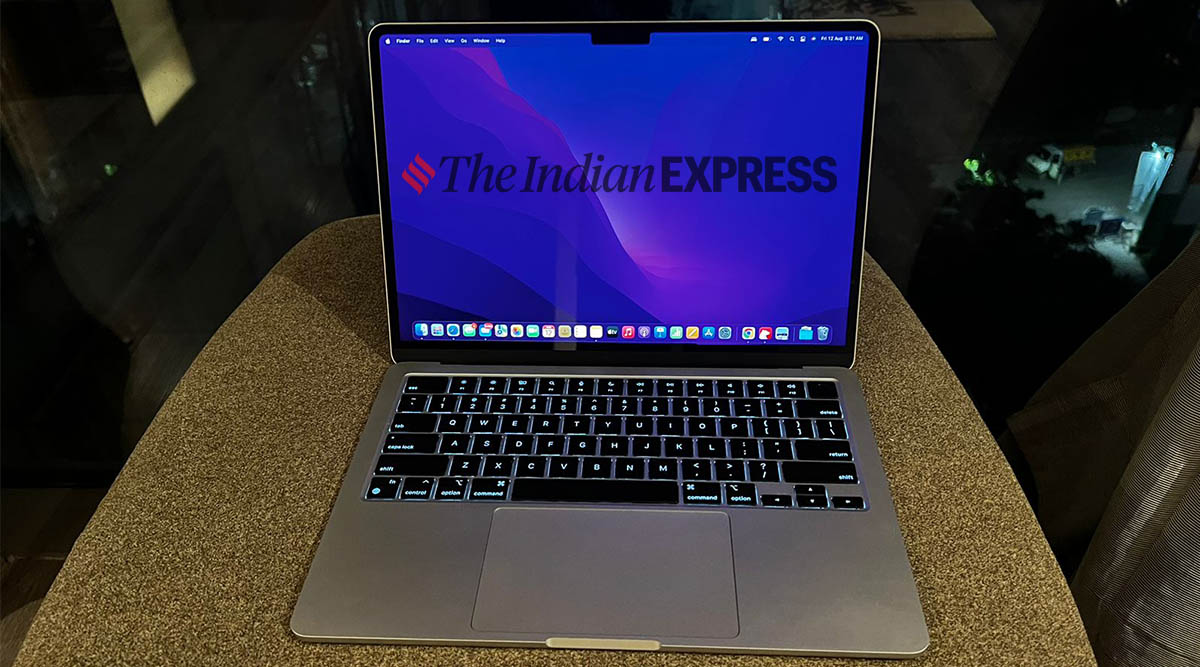As India moves towards fostering its own semiconductor manufacturing ecosystem, sectors such as automobiles and banks are alleging that chipmakers are discriminating — in the aftermath of supply disruptions caused by the pandemic — in favour of clients who need high-value chips over the lower ticket-size ones used by carmakers and banks.
This assumes significance given the representation by Indian Banks Association (IBA) to the government seeking intervention of the antitrust panel to address chip shortage that is hitting issuance of credit and debit cards. Semiconductor industry executives, however, attribute this to market forces. They say that once the pandemic set in, certain products like laptops and smartphones took priority over others, triggered primarily by action taken by consumer segments such as car companies.
This resulted in OEMs (original equipment manufacturers) of certain sectors releasing the slots at fabrication units allocated to automakers to cater to demand from other high-value items such as laptops, smartphones, headphones, etc, demand of which spiked as people started working from home.
“Just like we reserve railway tickets in advance and there is a wait list, one has to book slots to have chips manufactured in advance. If you don’t, you lose your slot. A lot of automotive companies cancelled their slots (when the pandemic started) with the assumption that they will not be requiring it,” Sanjay Gupta, Vice President & India Managing Director at the Netherlands-headquartered NXP Semiconductors told The Indian Express. NXP Semiconductors is one of the three largest semiconductor suppliers to automotive companies in the world.
“This was because having the slots would mean you pay for some of the expenses. Running a fab takes millions of dollars a day. Automotive companies thought that supplies will not be required in the first couple of quarters of 2020 and they released those slots. But there was another phenomenon that was happening — work from home, study from home, gym from home, basically everything from home. Nobody had predicted this phenomenon. Digitisation that was expected to happen in a 5-10 year timeframe, happened in literally one quarter,” Gupta said, adding that once the demand for cars came back, it was difficult for auto companies to get those slots back. “Automotive companies barely got their slots back and whatever they could get back they got it at a higher price”.
Auto firms let go of slots
Auto makers and banks allege that chipmakers prefer high-end chip sales for laptops and phone companies rather than the low-end ones they need. However, semiconductor companies say that during the pandemic, auto firms, their demand depressed, released their “chip-manufacturing” slots given the lockdown — and were only now coming back.
For the carmakers, this meant huge order backlogs, and even cutting down on some features for lack of necessary electronic parts and components.
Meanwhile, in 2021, India recorded 14.85 million shipments of personal computing devices such as laptops and desktops, up 44.5 per cent from 2020, according to data provided by International Data Corporation (IDC). While PC shipments have started to slow down in 2022, some sectors are still hit by semiconductor shortage.
Newsletter | Click to get the day’s best explainers in your inbox
Parallel to this is the concerted push by the Government to semiconductor manufacturing. Last week, a joint venture between Vedanta Group and Taiwan’s Foxconn announced setting up a semiconductor and display fab unit in Gujarat. Proposals have also been received from Singapore-based IGSS Ventures, and ISMC, which is led by Abu Dhabi-based Next Orbit Ventures Fund.
Last December, the Union Cabinet had approved a Rs 76,000-crore plan to set up a semiconductor and display manufacturing ecosystem. As a part of the plan, the Centre has lined up incentive support for companies engaged in silicon semiconductor fabs, display fabs, compound semiconductors, silicon photonics, sensors fabs, semiconductor packaging and semiconductor design.
!function(f,b,e,v,n,t,s)
{if(f.fbq)return;n=f.fbq=function(){n.callMethod?
n.callMethod.apply(n,arguments):n.queue.push(arguments)};
if(!f._fbq)f._fbq=n;n.push=n;n.loaded=!0;n.version=’2.0′;
n.queue=[];t=b.createElement(e);t.async=!0;
t.src=v;s=b.getElementsByTagName(e)[0];
s.parentNode.insertBefore(t,s)}(window, document,’script’,
‘https://connect.facebook.net/en_US/fbevents.js’);
fbq(‘init’, ‘444470064056909’);
fbq(‘track’, ‘PageView’);







